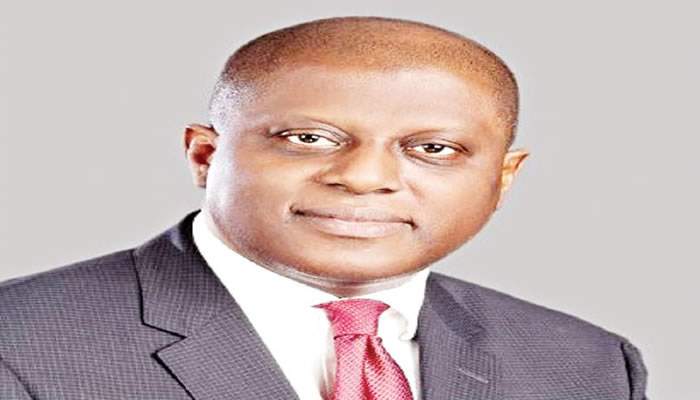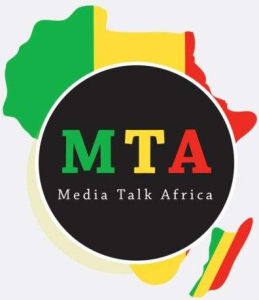To intensify the battle against money laundering, the Central Bank of Nigeria has mandated that all bank customers link their Bank Verification Number (BVN) and National Identification Number (NIN) with their bank accounts before March 1, 2024. This directive is poised to impact banking operations significantly and has elicited mixed reactions.
During the recent Financial Action Task Force (FATF) plenary in Paris, Nigeria faced a setback in its efforts to combat Money Laundering and Terrorism Financing Risk. The global financial intelligence agency raised concerns about Nigeria’s anti-money laundering activities, including the country in the international grey list in February, alongside South Africa and 20 other nations.
The implications of this greylisting are not to be underestimated. Businesses associated with Nigeria may encounter heightened regulatory scrutiny, increased compliance costs, and more stringent due diligence requirements. Moreover, transactions with Nigerian entities could face additional complexities.
The Central Bank of Nigeria, in a decisive move to address this challenge, has instructed all commercial banks to implement a ‘Post No Debit or Credit’ restriction on accounts not linked to BVN or NIN by March 1, 2024. This directive aims to bolster the ‘Know Your Customer’ procedures and promote financial system stability across all institutions.
The significance of the Bank Verification Number (BVN) cannot be overstated. Since its introduction in February 2014, it has served as a vital component for identity verification in Nigeria, particularly within the financial services sector.
In response to the CBN’s directive, Muda Yusuf, the Executive Director of the Centre for the Promotion of Private Enterprise, emphasized the necessity of a comprehensive digital database to streamline citizens’ information. He stressed the pivotal role of the National Identification Number (NIN) as the central database for harmonizing diverse datasets, thereby enhancing the efficacy of the Know Your Customer policy.
Conversely, Fasasi Sarafadeen, the newly-elected President of the Association of Mobile Money and Bank Agents in Nigeria, expressed support for the policy but underscored its implementation’s potential hardship and urgency. He urged the CBN to engage with stakeholders to address access issues and proposed a phased approach for customers to regularize their accounts.
Furthermore, financial analyst Brain Essien noted that while the circular from the CBN presents a positive step, similar directives have been issued in the past, raising questions about the efficacy of enforcement and regulatory oversight within the banking sector. He also advocated for leveraging technological investments made by banks to strengthen identity verification processes and mitigate compliance risks.
As Nigeria navigates the complexities associated with the FATF greylisting, the CBN’s directive is a pivotal measure in fortifying the country’s anti-money laundering initiatives. The convergence of BVN and NIN with bank accounts underscores a collective effort to bolster financial regulations and restore global confidence in Nigeria’s financial integrity.
CBN Directive On BVN and NIN Linkage Set to Transform Nigeria’s Financial Landscape
In what can be described as a landmark move to revolutionize Nigeria’s financial sector, the Central Bank of Nigeria (CBN) has issued a directive mandating the linkage of the Bank Verification Number (BVN) with the National Identity Number (NIN). This strategic initiative aims to strengthen the country’s financial system, curb money laundering, and enhance transparency.
The announcement has sparked a flurry of reactions from various stakeholders, with industry experts, bankers, and social media enthusiasts sharing diverse perspectives on the potential impact of the policy. From concerns about customer inconvenience to the positive outlook on bolstering the fight against financial crimes, the CBN’s directive has ignited a lively discourse among Nigerians.
According to Segun Aremu, the Chief Responsibility Officer of Peculiar Innovative Consulting, integrating BVN and NIN is crucial in combating money laundering. He emphasized that the integrity of Nigeria’s financial system hinges on information accuracy and the eradication of information asymmetry. By aligning BVN and NIN, the initiative seeks to thwart illicit economic activities and fortify the financial ecosystem.
While the directive has been lauded for its potential to bolster anti-money laundering efforts, concerns have been raised about the operational challenges it may pose to banks. A senior official of a Tier-1 bank in Lagos highlighted the strain the directive may exert on banks, especially in managing the anticipated surge in BVN registrations. The official also pointed out that staffing issues and the need to maintain operational efficiency amidst the impending rush are significant considerations for banks.
Furthermore, the impact of the CBN’s directive has reverberated across social media platforms, with users expressing a spectrum of views. The online discourse reflects the nuances of implementing such a significant policy shift, from discussions about customer onboarding complexities to the implications for fintech players.
As Nigeria grapples with varied reactions to the BVN and NIN linkage directive, the consensus remains that the initiative holds immense potential to fortify the country’s anti-money laundering framework and enhance its global standing. While the stakeholders may be divided, there is a collective acknowledgement that the policy could mark a pivotal step towards reshaping Nigeria’s financial landscape.
With the deadline for compliance looming, the convergence of BVN and NIN promises to streamline financial processes and pave the way for a more robust, transparent, and resilient financial ecosystem in Nigeria.





